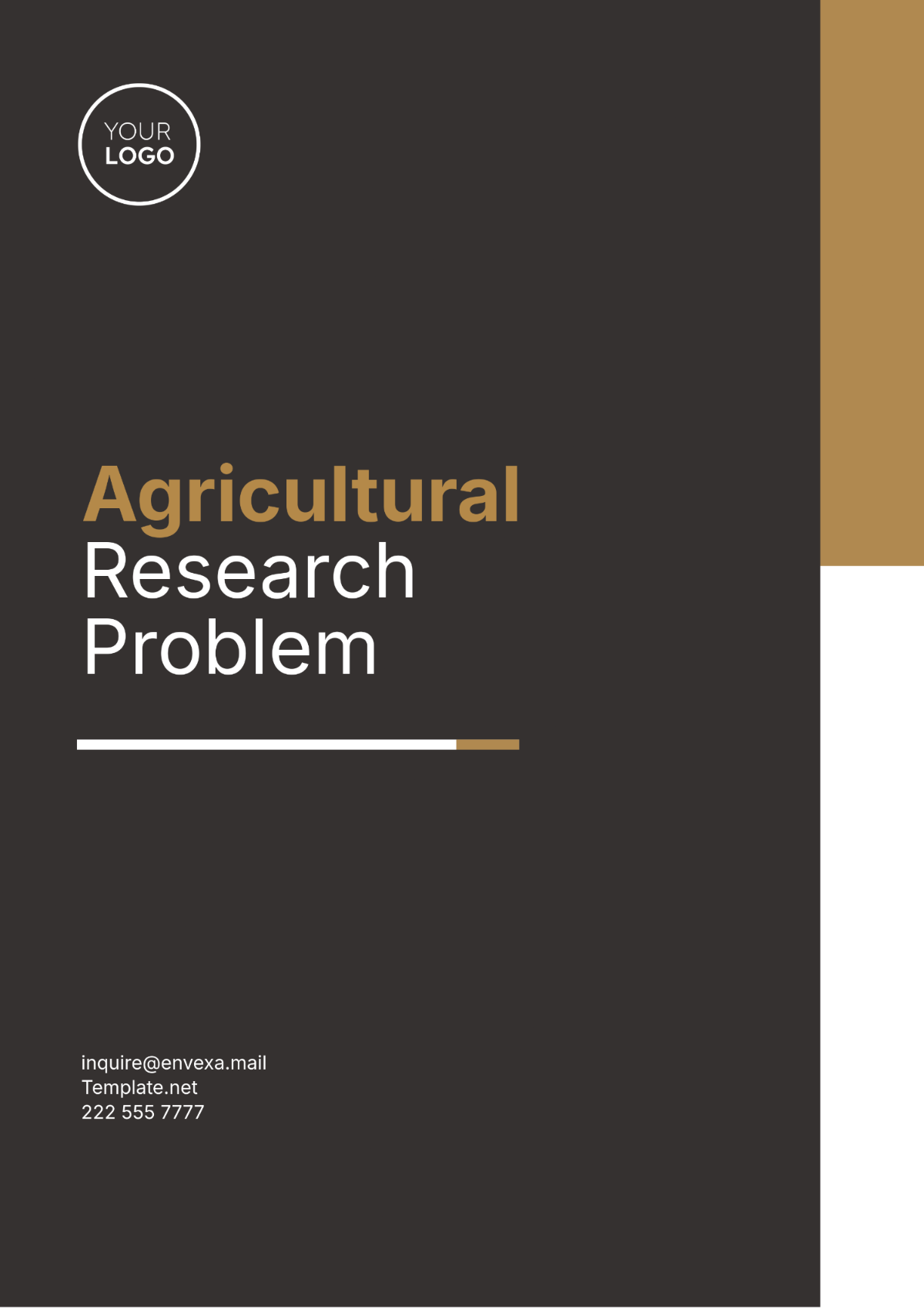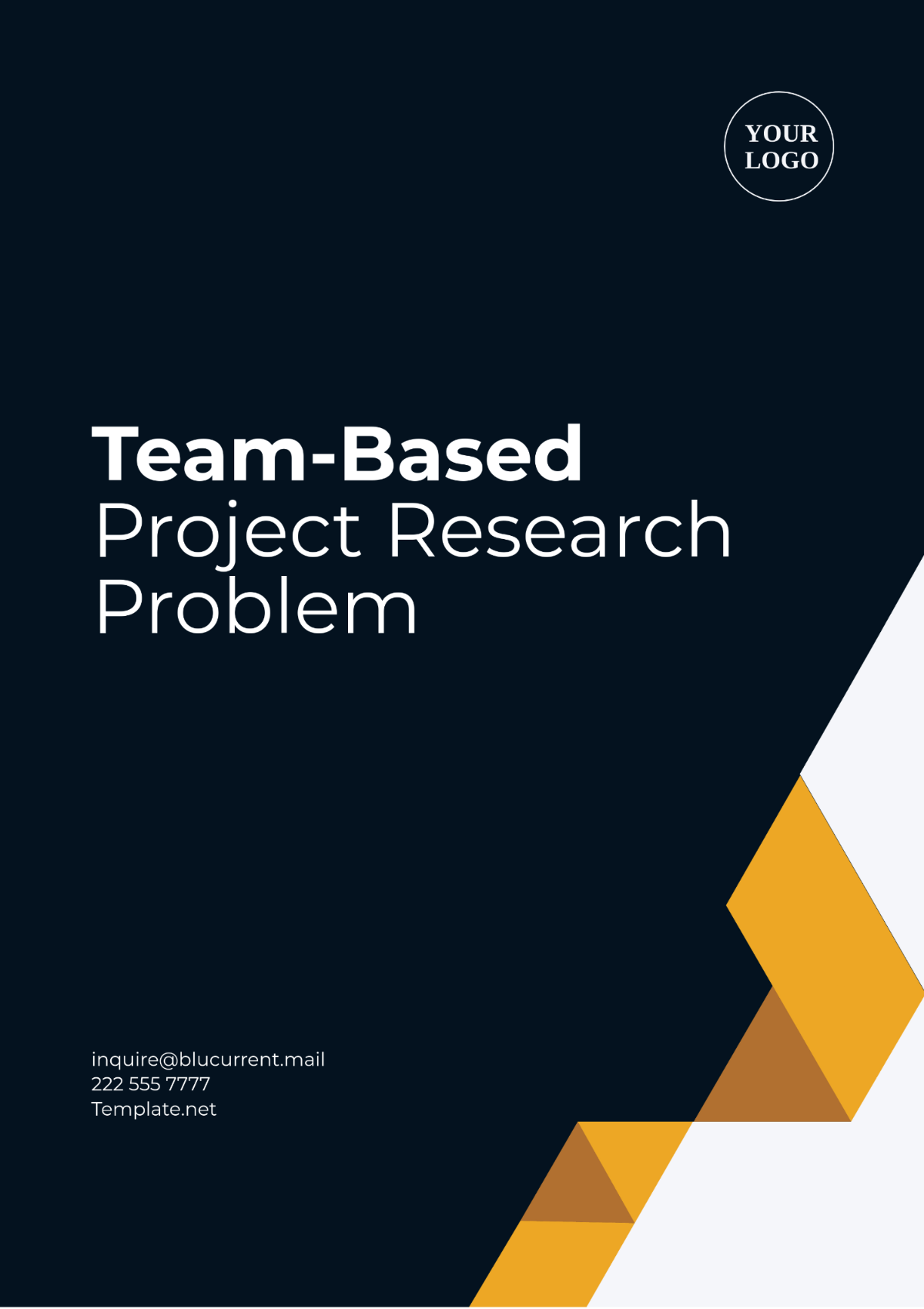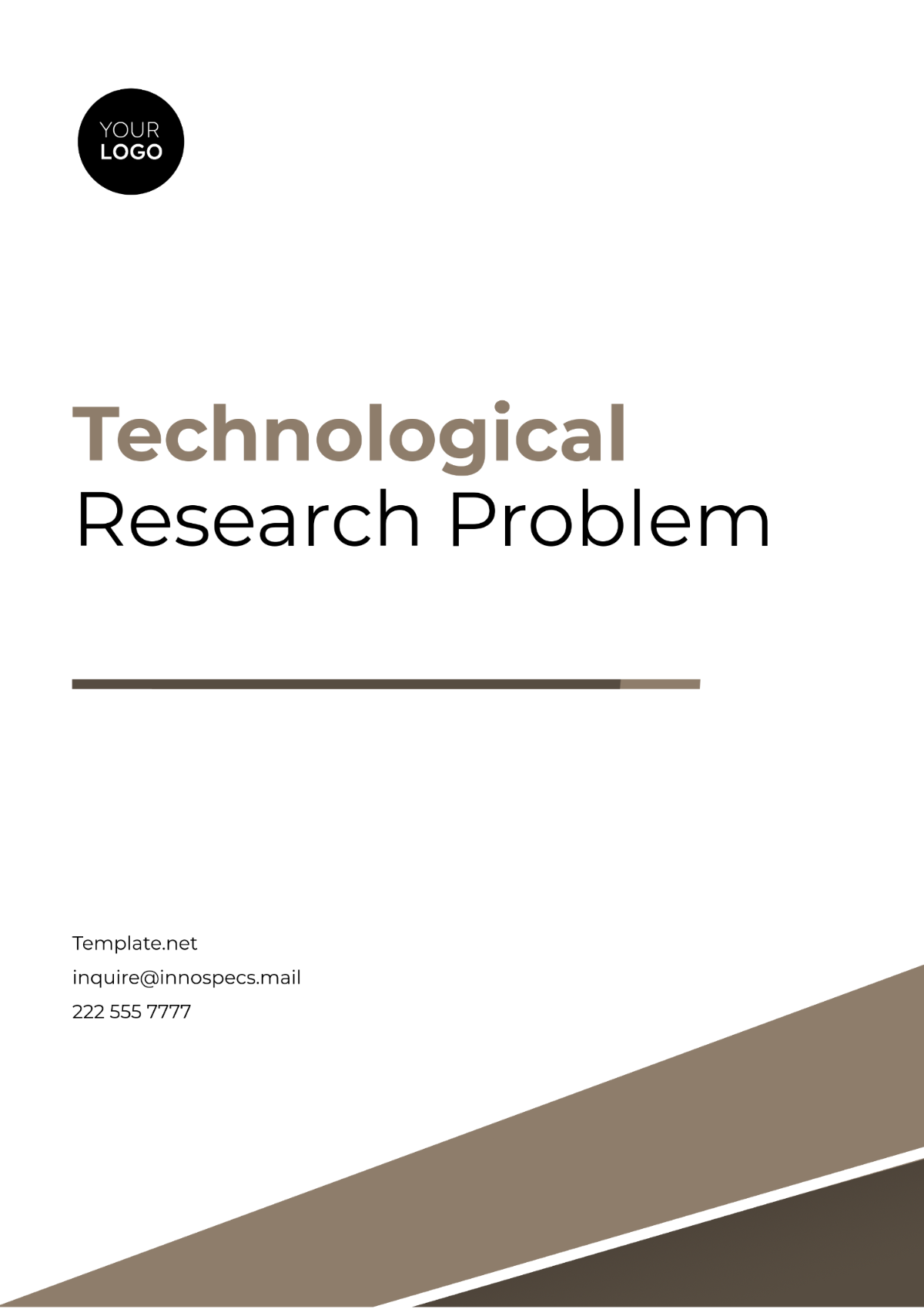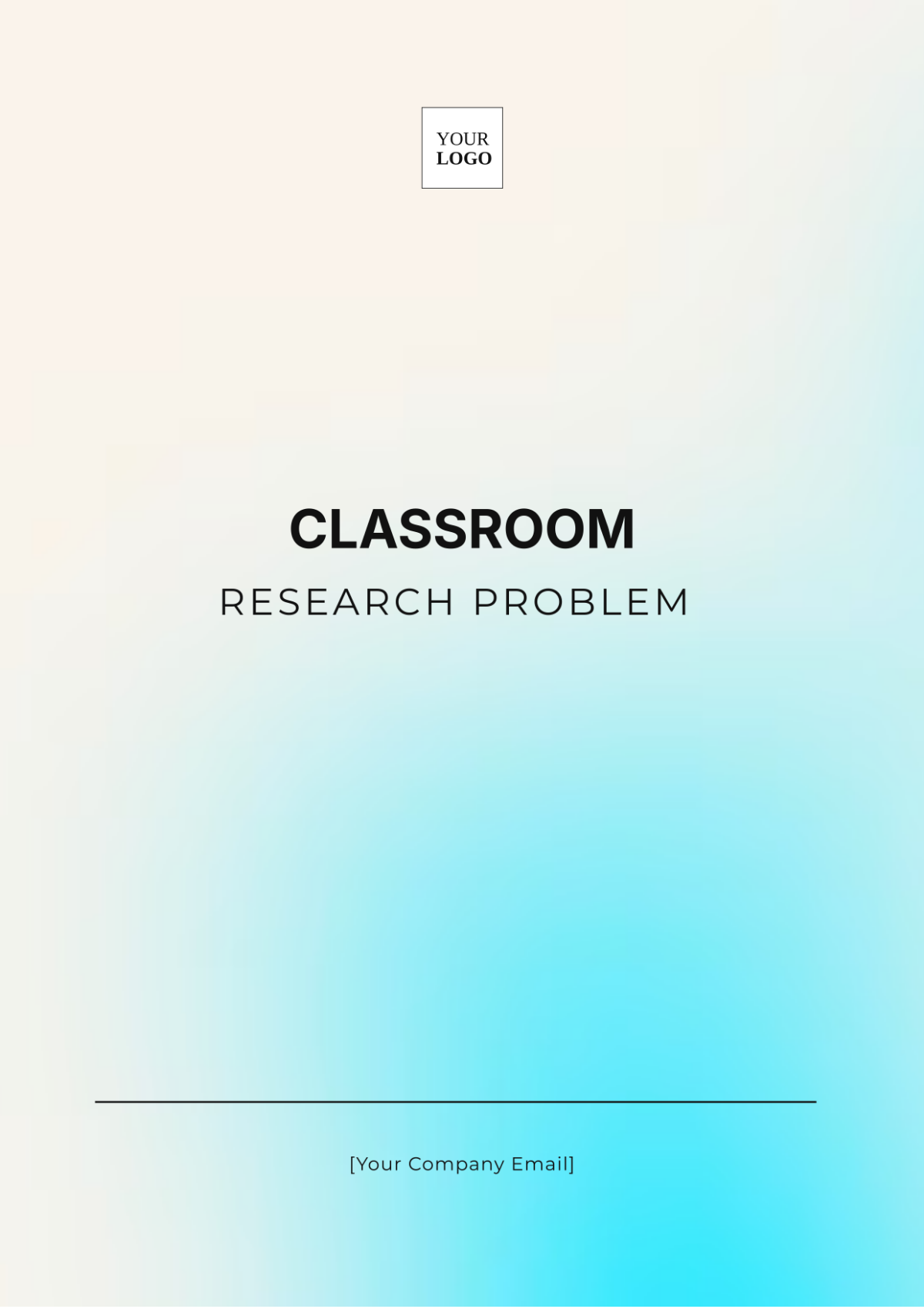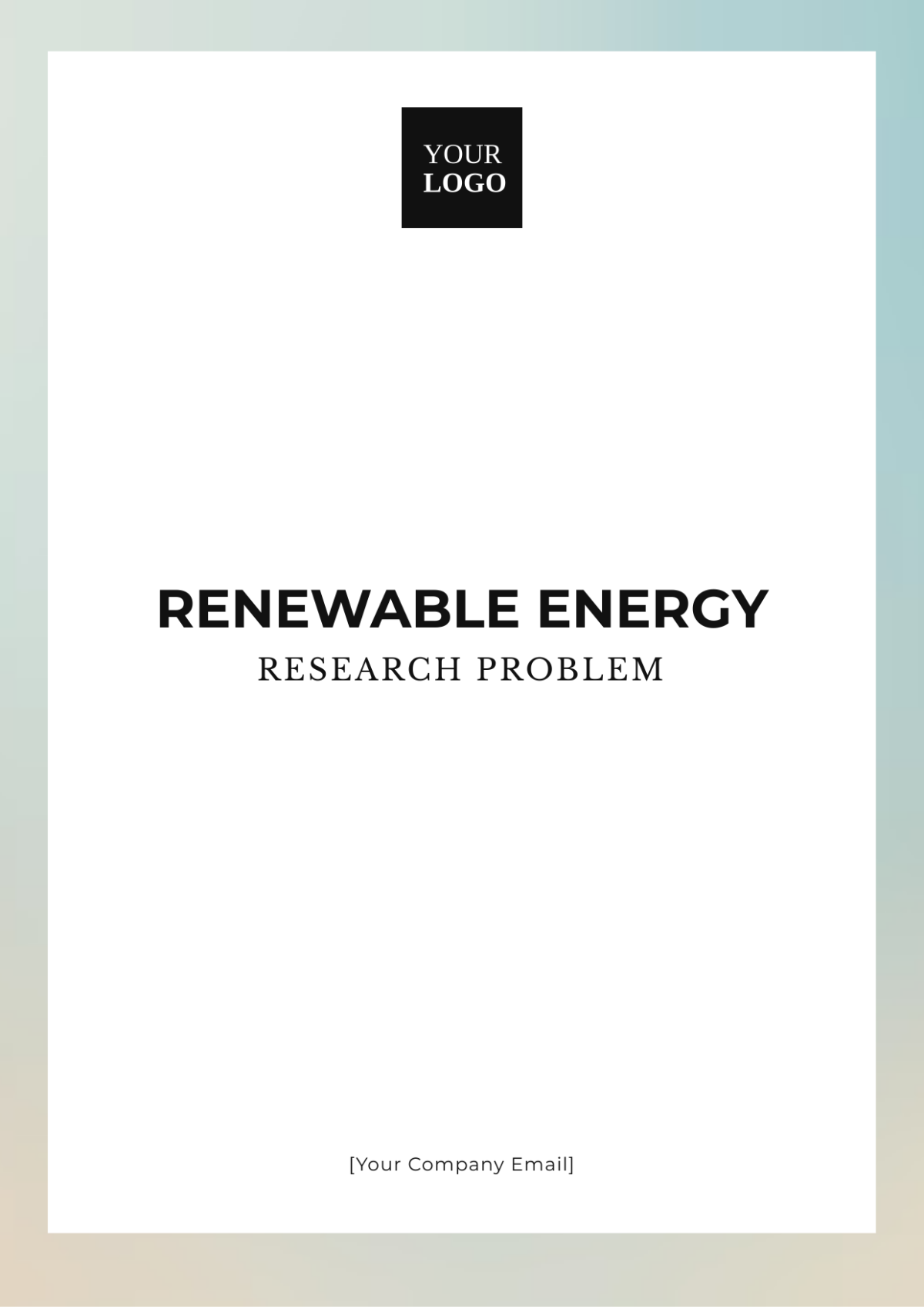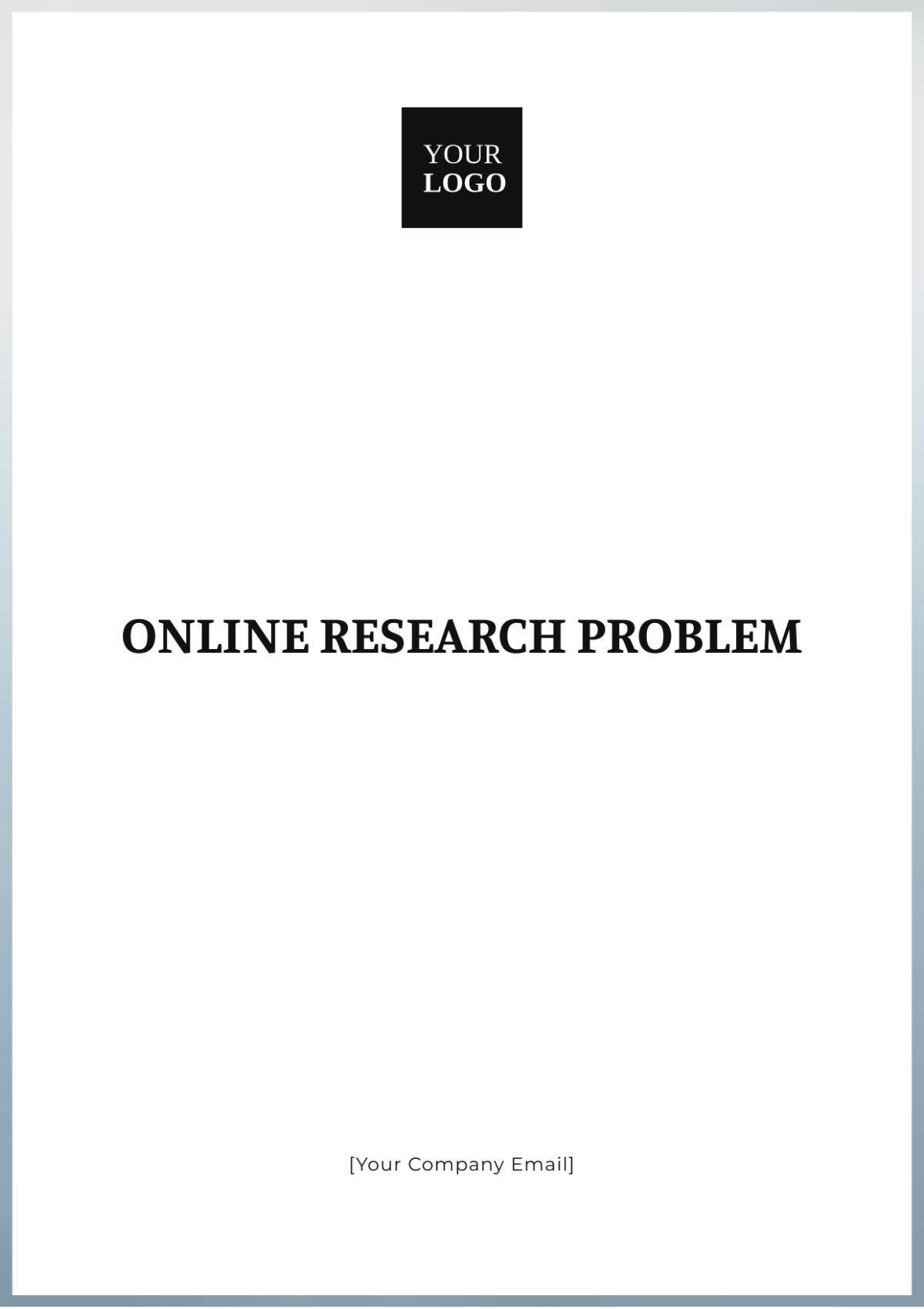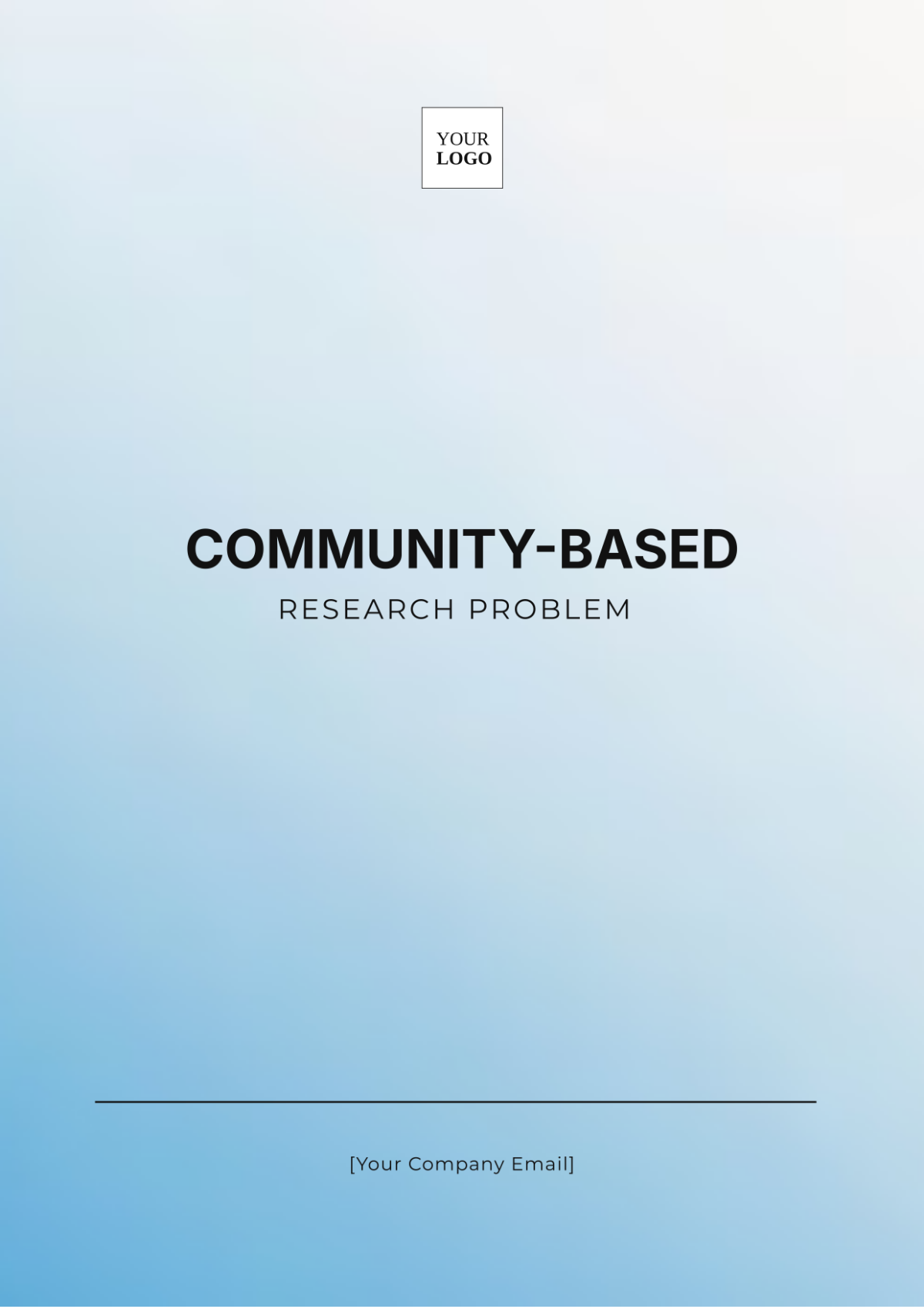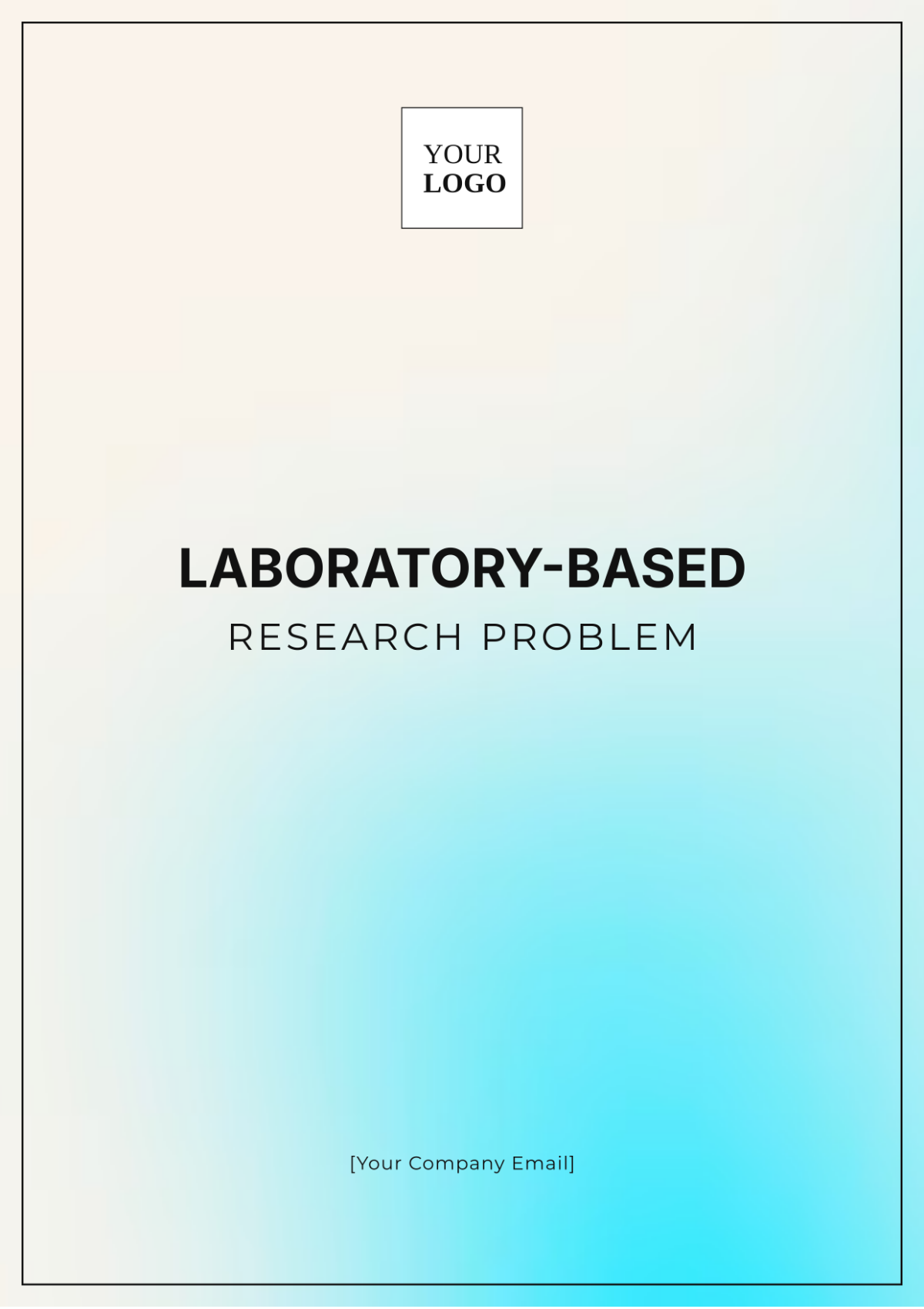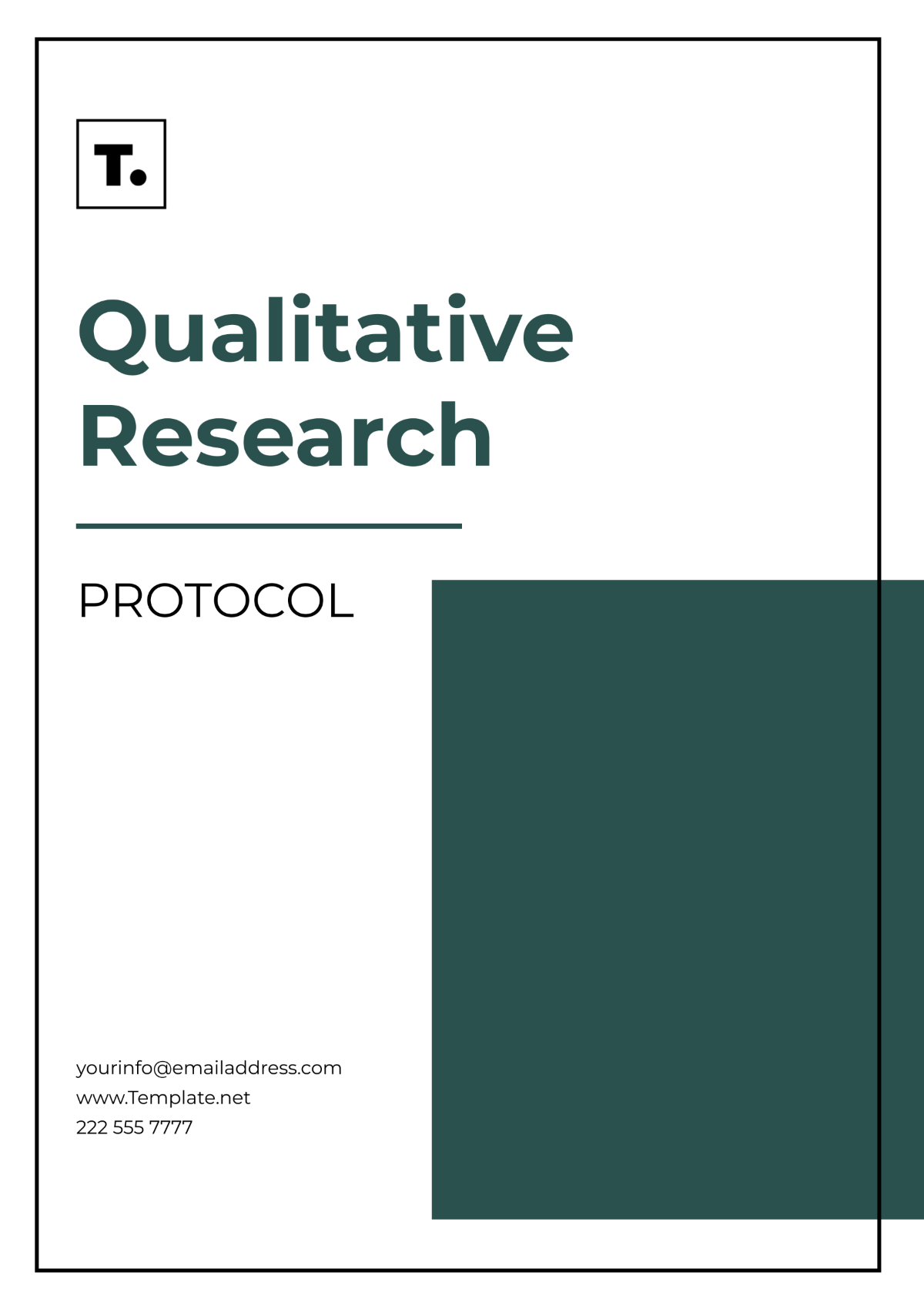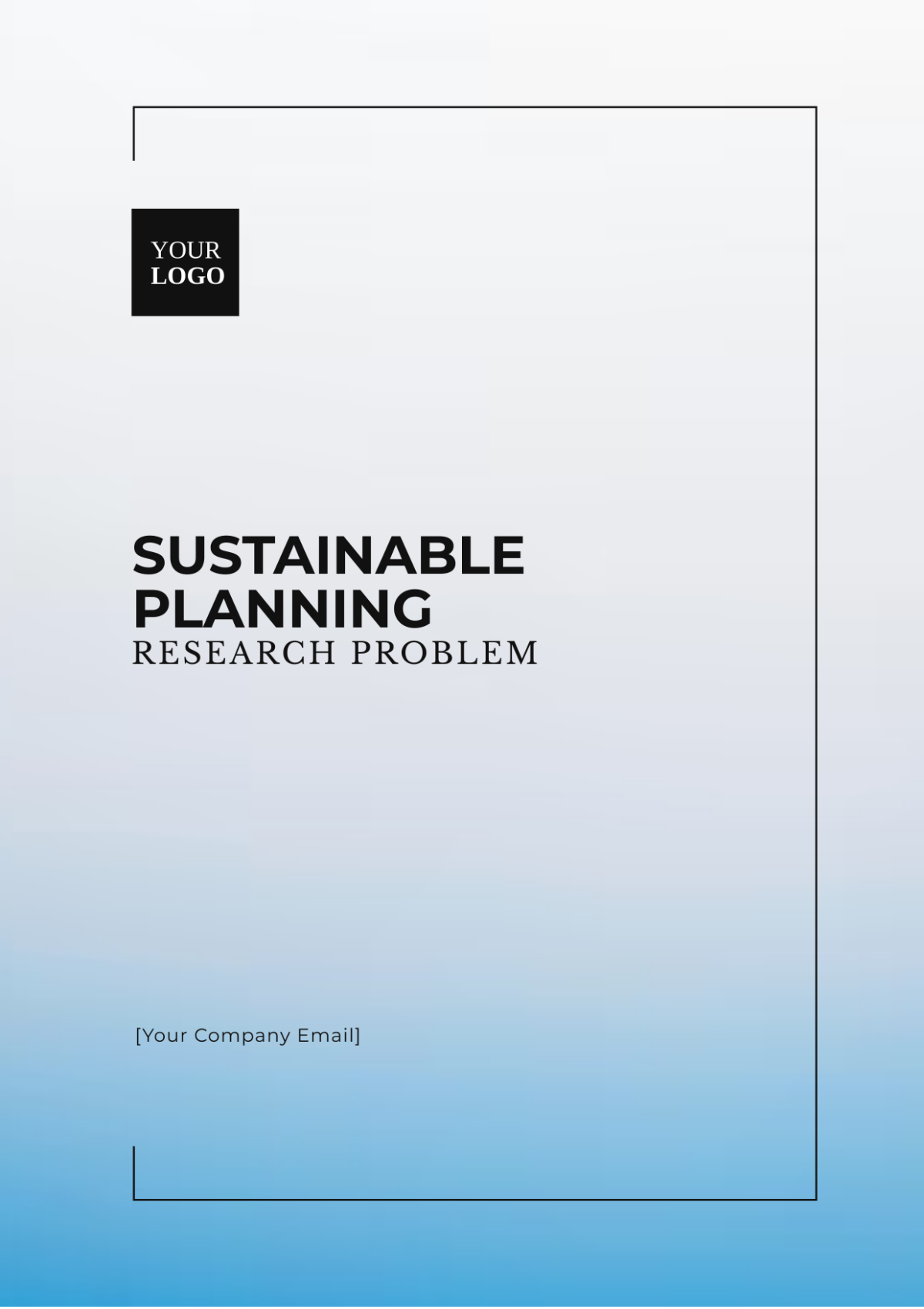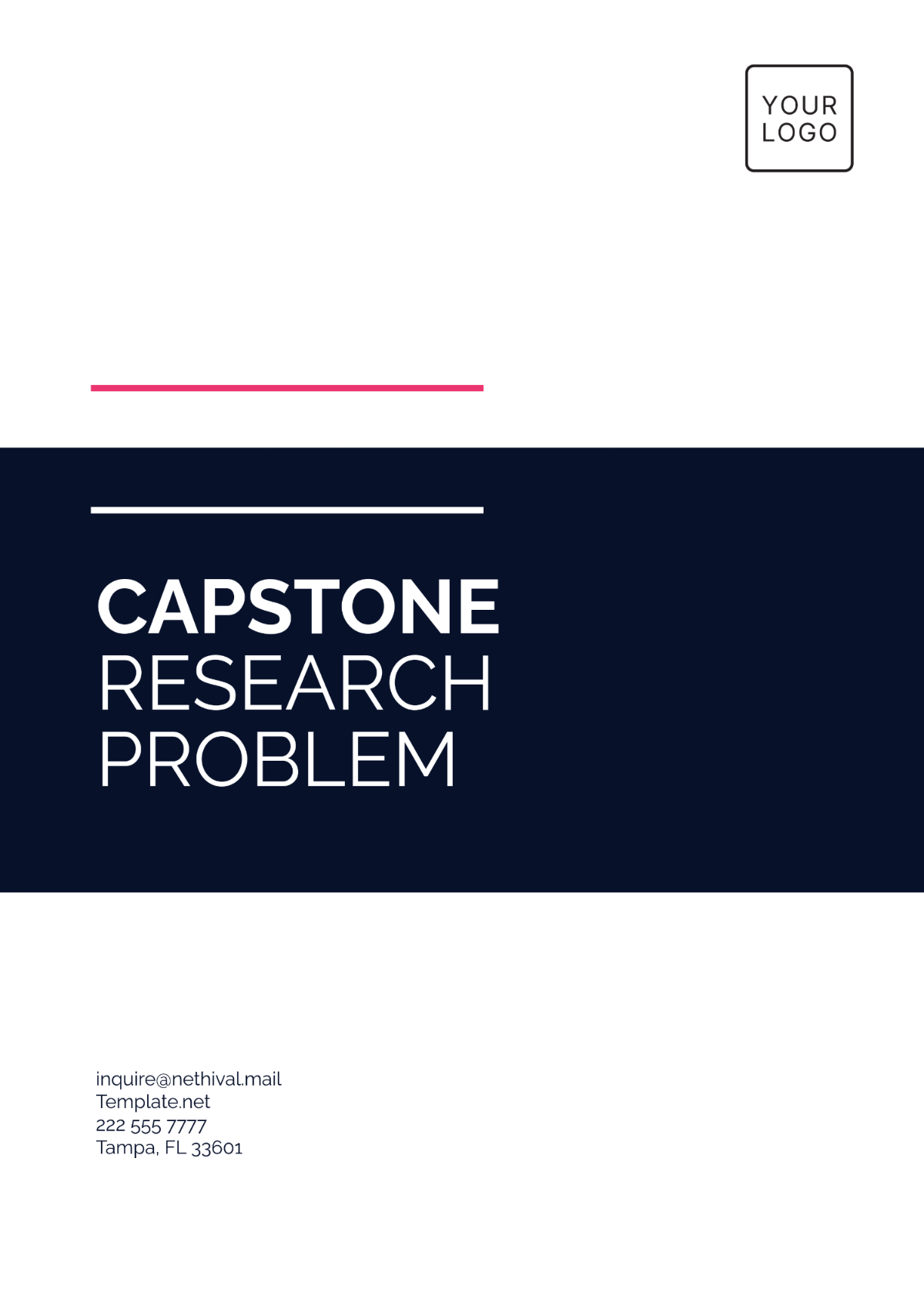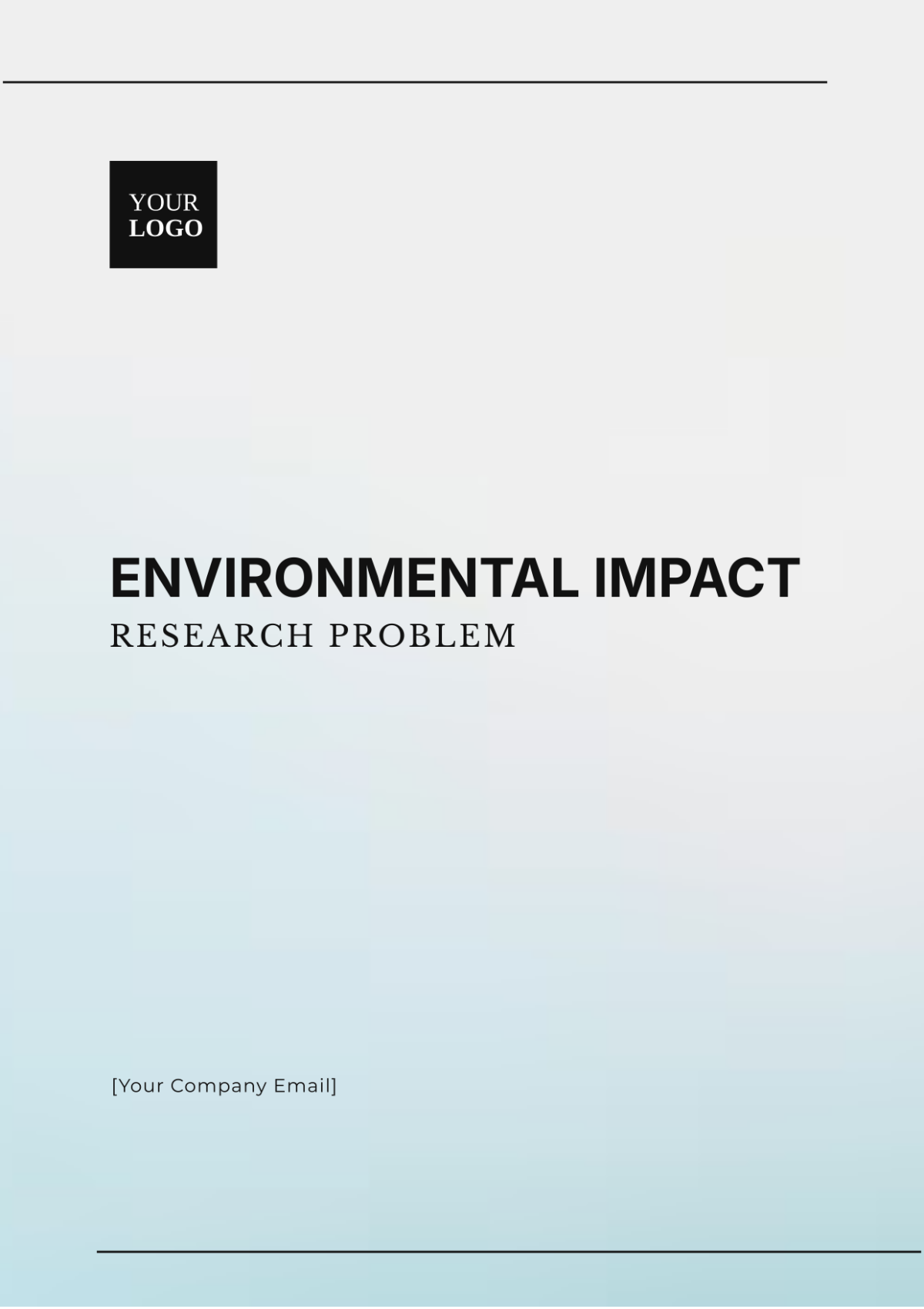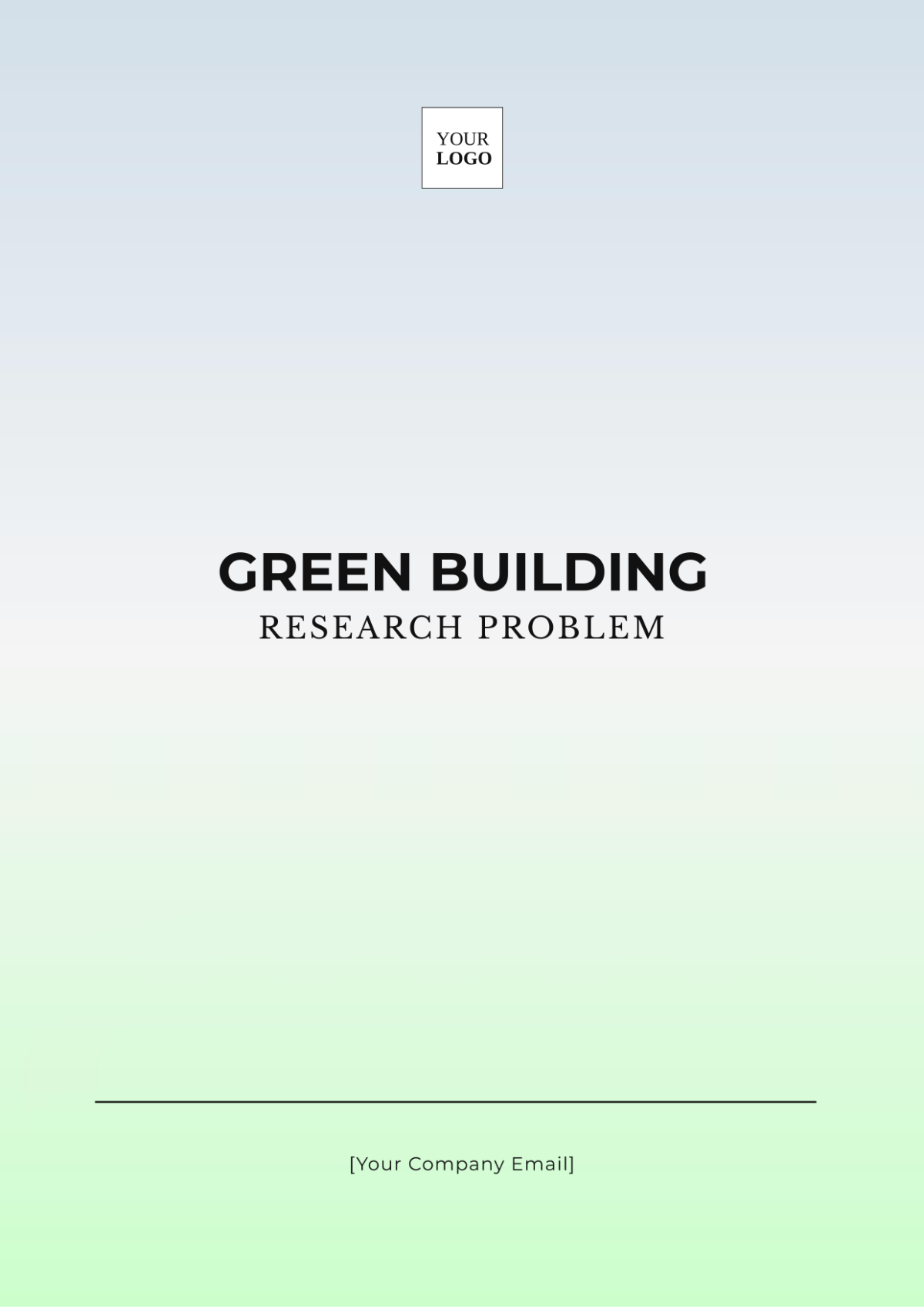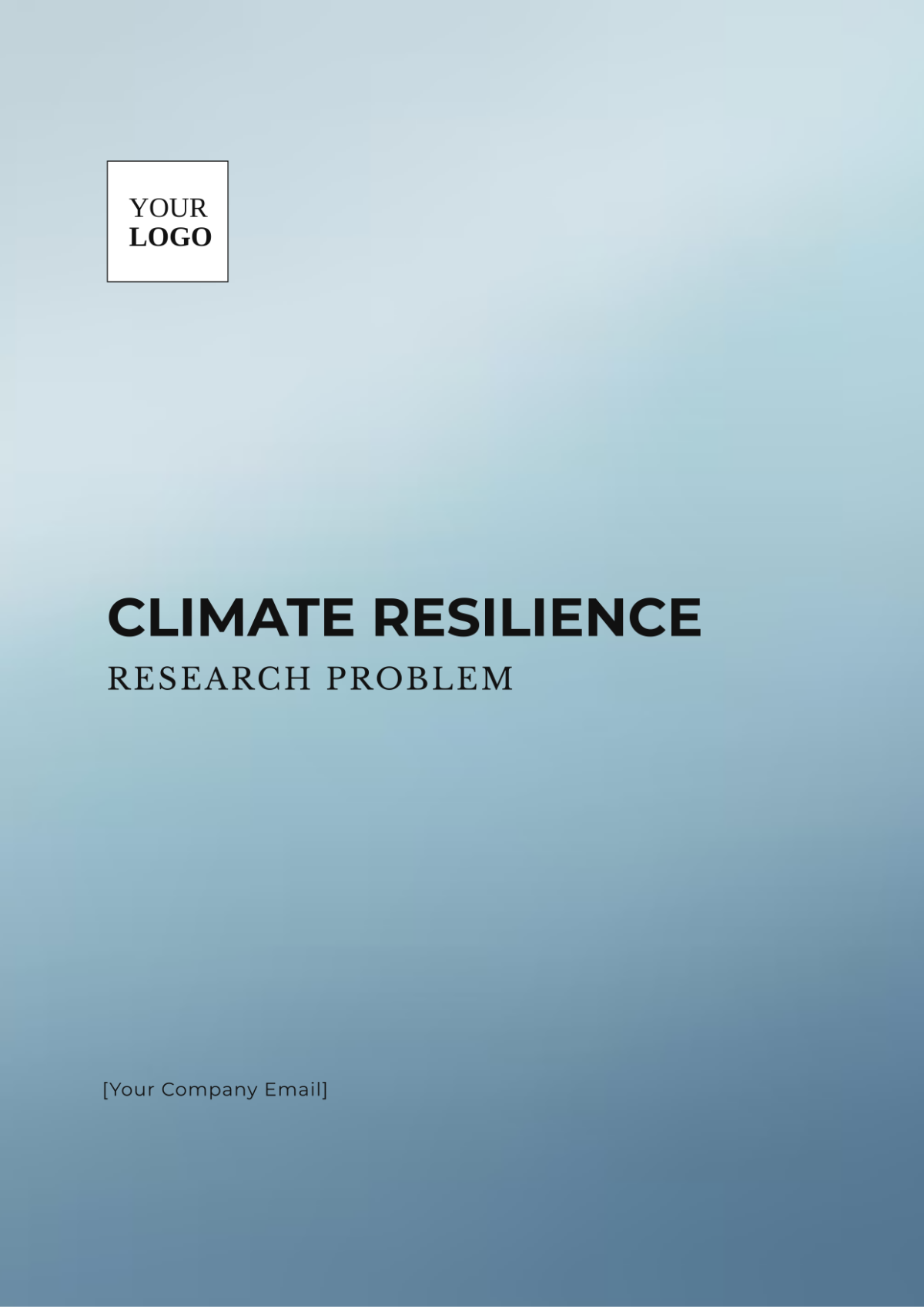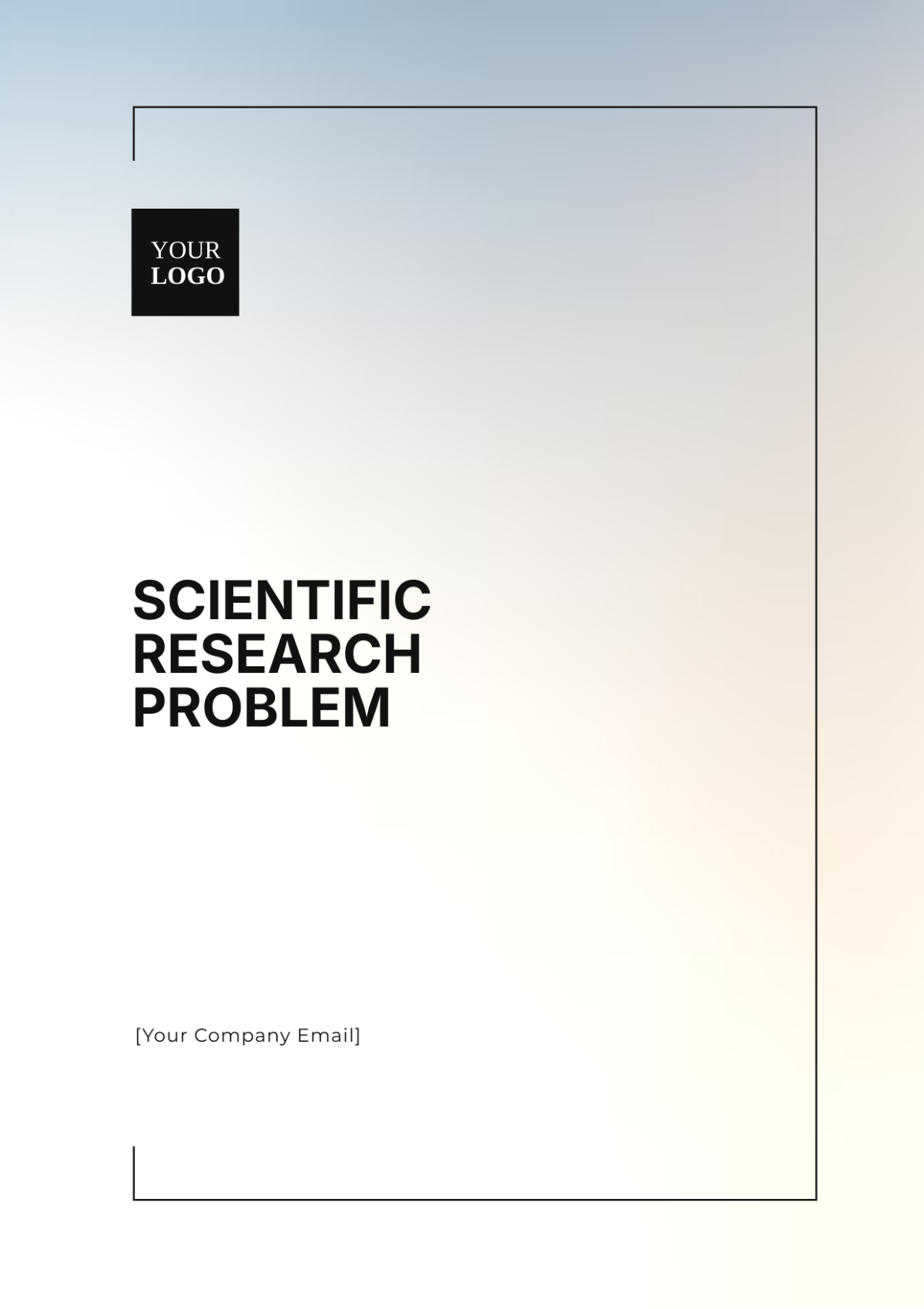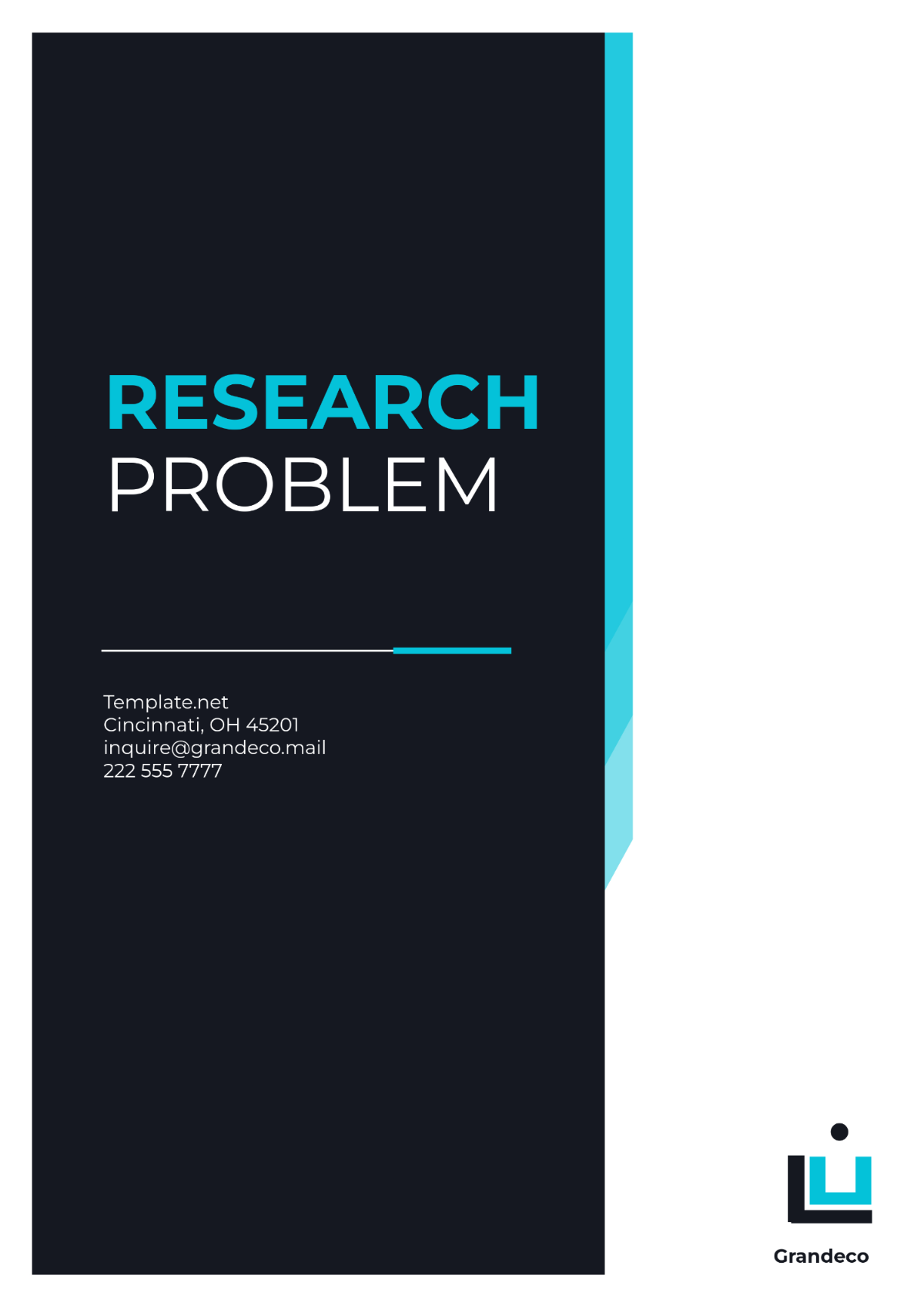VOLCANO RESEARCH PROJECT OUTLINE
Prepared By : | [Your Name] |
I. Introduction
Volcanic eruptions, among nature's most awe-inspiring events, possess profound implications for the safety and livelihoods of nearby communities, necessitating thorough investigation and understanding. This research project endeavors to delve into the intricate dynamics of volcanic eruptions and assess their wide-ranging effects on adjacent populations, infrastructure, and ecosystems.

II. Background Information
[Type of Volcanoes]: Volcanic formations vary greatly, encompassing the gentle slopes of shield volcanoes, the towering peaks of stratovolcanoes, and the explosive nature of cinder cone eruptions.
Unraveling the complexities of volcanic eruptions involves scrutinizing a plethora of factors, including magma composition, eruption style, geological setting, and external triggers (Jones & Smith, 2023).
Historical volcanic events serve as poignant reminders of the catastrophic potential inherent in volcanic activity, with landmarks such as the 79 AD eruption of Mount Vesuvius and the 1980 eruption of Mount St. Helens etched in the annals of history for their profound impact on societies and landscapes.
III. Research Questions
What are the primary drivers influencing the magnitude, frequency, and severity of volcanic eruptions?
How do volcanic eruptions vary in their impact based on the type of volcano and its geographical location?
What are the most effective strategies for predicting volcanic eruptions and mitigating their potential hazards?
How do socioeconomic factors influence the vulnerability of communities to volcanic eruptions, and what measures can be taken to enhance resilience?
In what ways do volcanic eruptions impact the long-term environmental sustainability of affected regions, and what are the implications for biodiversity and ecosystem services?
IV. Methodology
A. Research Methods
Undertaking an exhaustive review of existing literature about volcanic eruptions, hazard mitigation strategies, and disaster preparedness (Johnson, 2021). Employing advanced data analysis techniques to scrutinize historical records and discern discernible patterns and trends in volcanic eruption behavior. Engaging in structured interviews and consultations with distinguished experts in the fields of volcanology, geology, disaster management, and community resilience to glean insights and best practices for mitigating volcanic hazards.
V. Results
A. Findings
Analysis of historical volcanic eruptions unveils intricate correlations between eruption style, magma composition, tectonic setting, and the resultant magnitude and severity of eruptions (Smith et al., 2022). Examination of case studies drawn from diverse geographical locales underscores the multifaceted impacts of volcanic activity on adjacent communities, encompassing physical destruction of infrastructure, loss of life, displacement of populations, environmental degradation, and enduring socio-economic upheaval.
B. Interpretation:
The findings illuminate the intricate interplay of geological, environmental, and socio-economic factors in shaping the manifold impacts of volcanic eruptions, underscoring the imperative for holistic, multidisciplinary approaches to hazard assessment and disaster risk reduction.
Noteworthy limitations of the research, including data deficiencies, uncertainties inherent in predictive modeling, and the dynamic nature of volcanic systems, necessitate sustained scientific inquiry and investment in bolstering disaster preparedness and response capacities.
VII. Conclusion
This research project serves as a testament to the imperative of comprehensively understanding volcanic phenomena and their ramifications for human societies and ecological systems. Armed with insights gleaned from this endeavor, stakeholders can formulate and implement evidence-based policies, strategies, and interventions aimed at bolstering resilience, safeguarding lives and livelihoods, and fostering sustainable development in volcanic-prone regions.
VIII. References
Johnson, T., & Williams, A. (2021). Assessing the Socio-Economic Impacts of Volcanic Eruptions. Journal of Disaster Research, 10(2), 123-140.
Jones, E., & Smith, R. (2023). Volcanoes: A Comprehensive Overview. Publisher.
Smith, E., et al. (2022). "Volcanic Hazard Mitigation Strategies: Lessons from Case Studies." Natural Hazards Review, 25(4), 301-315.
















